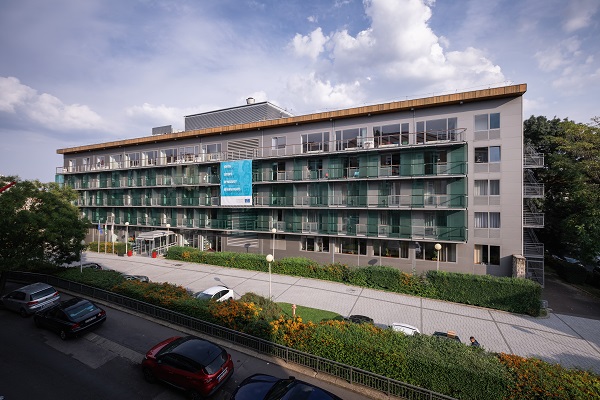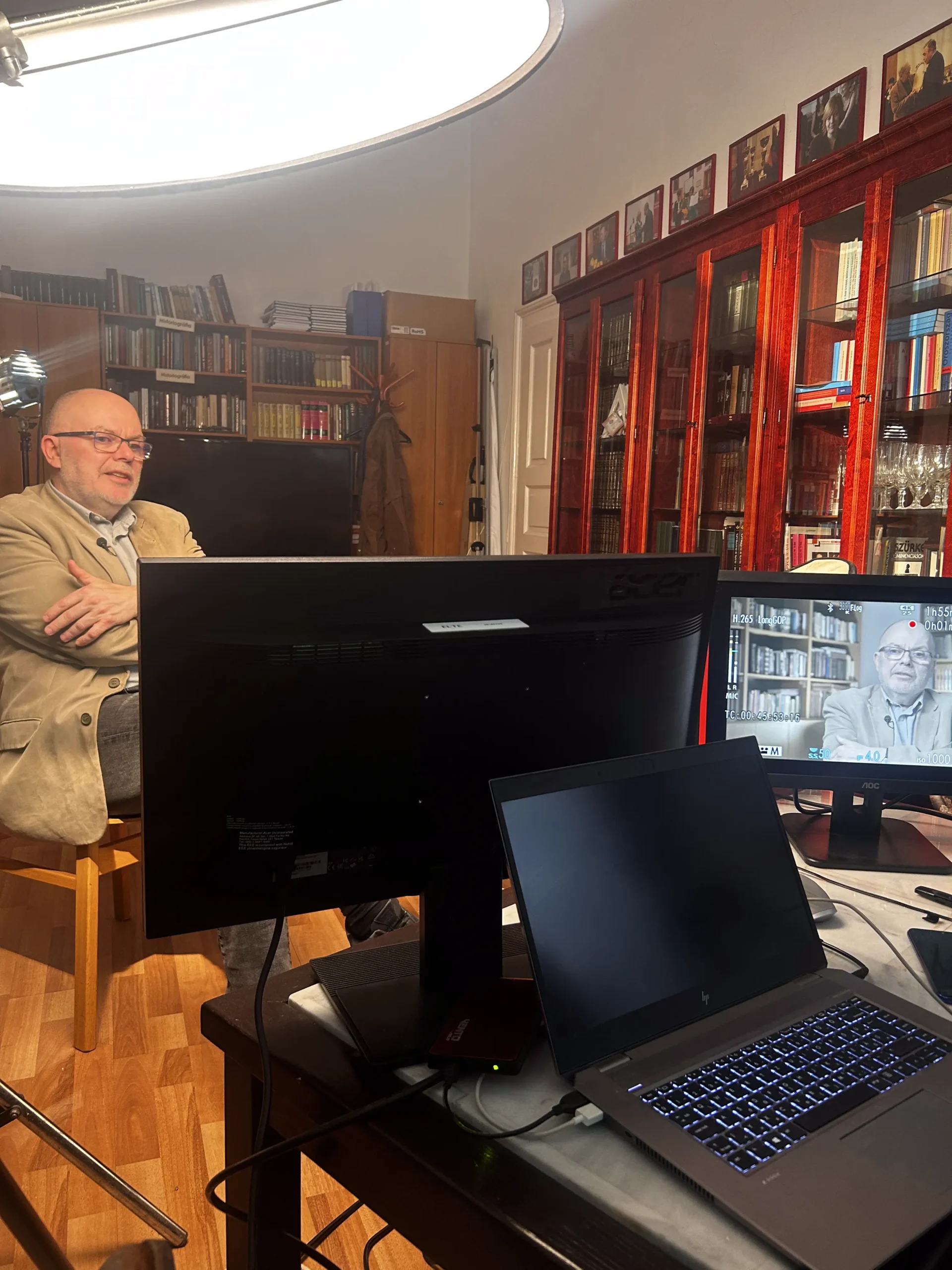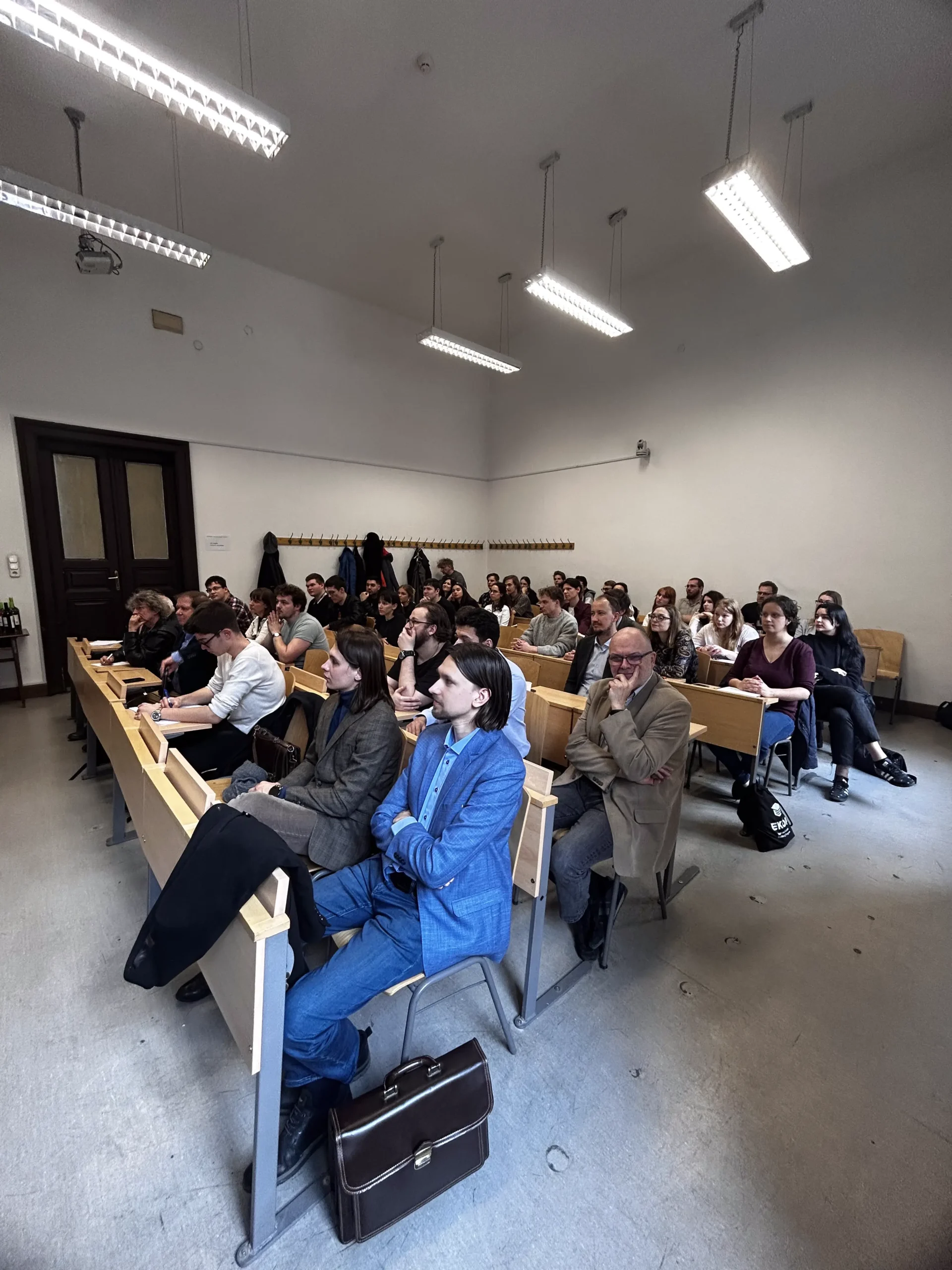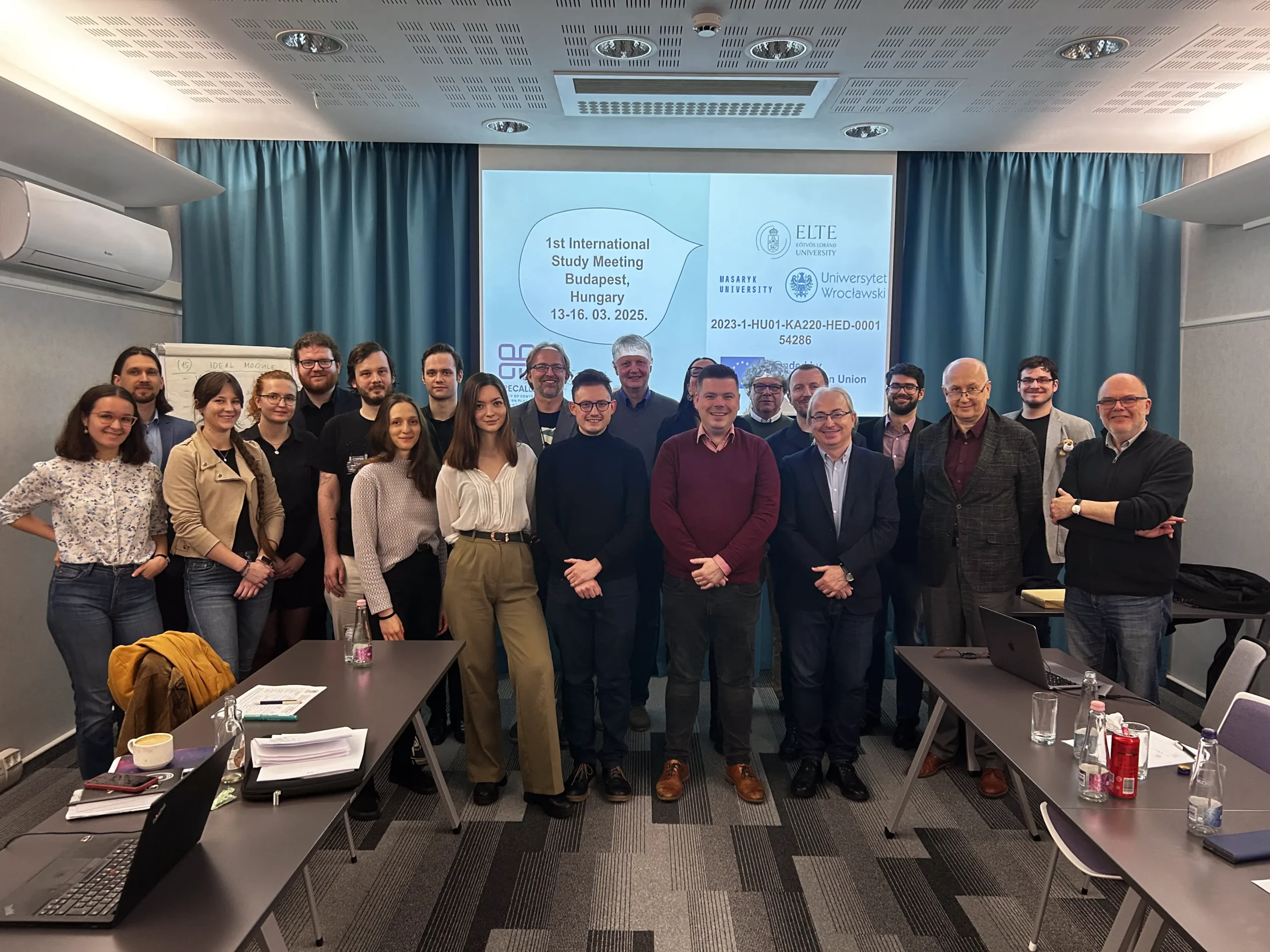Relationship with transnational organisations – European Youth Centre in Budapest
Fact of the Hungarian figure „Joining the Alliances”
Part of the „Back to Europe together” topic
The European Youth Centre in Budapest, located on Zivatar Street, has a rich history dating back to its original establishment as the „Hotel Ifjúság” in 1965. Originally built as part of the Express Youth and Student Travel Agency, the building was situated on the scenic southeastern slopes of Rózsadomb, offering a beautiful view of the Buda hills. Today, it functions as the European Youth Centre Budapest (EYCB), under the Council of Europe. The transition of this site from a student travel hub to a key institution for youth engagement reflects the transformation of Hungary’s role in European and international cooperation.
The European Youth Centre in Budapest (EYCB) plays a vital role in fostering Hungary’s relationship with transnational organizations, particularly within the context of the country’s integration into Western alliances such as the European Union and NATO. Established in 1995 as part of the Council of Europe’s broader network of youth centers, the EYCB serves as a hub for youth engagement, education, and cooperation on key European issues. The center’s mission is to promote democratic participation, human rights, and intercultural dialogue among young people, reflecting Hungary’s commitment to these core European values.
The Council of Europe (CoE) has played a pivotal role in promoting democracy, human rights, and the rule of law across Central and Eastern Europe, especially in the aftermath of the Cold War. For countries like Hungary, which sought to distance themselves from their communist past and integrate into Western democratic structures, the CoE provided an essential framework for legal and institutional reforms. Hungary officially joined the Council of Europe on November 6, 1990, depositing its instruments of accession as one of the first post-communist nations to do so. The country’s membership marked a significant step in its transition from a Soviet-aligned state to a democratic European country. The Hungarian Parliament formally ratified the CoE’s Statute through the 1991 LXXI Act, solidifying its commitment to the core values of the organization.
The Council of Europe also played a key role in post-communist Central Europe by fostering regional cooperation and dialogue among its member states. Through the European Court of Human Rights (ECHR) and various conventions, such as the European Convention on Human Rights, the CoE established legal mechanisms that helped Hungary and its neighbors uphold democratic principles and individual freedoms. The organization’s monitoring bodies, like the Venice Commission and the European Commission for Democracy through Law, provided expert guidance and support to countries undergoing political and legal transformations.
As Hungary solidified its ties with Western Europe—culminating in EU accession in 2004—the EYCB became a crucial platform for connecting Hungarian youth with broader transnational initiatives. These programs allow young people to participate in regional and international projects that foster collaboration, dialogue, and shared goals, such as environmental sustainability, digital literacy, and social inclusion. The center’s role extends beyond Hungary, drawing young people from across Central and Eastern Europe to engage with a diverse array of transnational organizations, including the European Youth Forum, the United Nations, and the Council of Europe.





